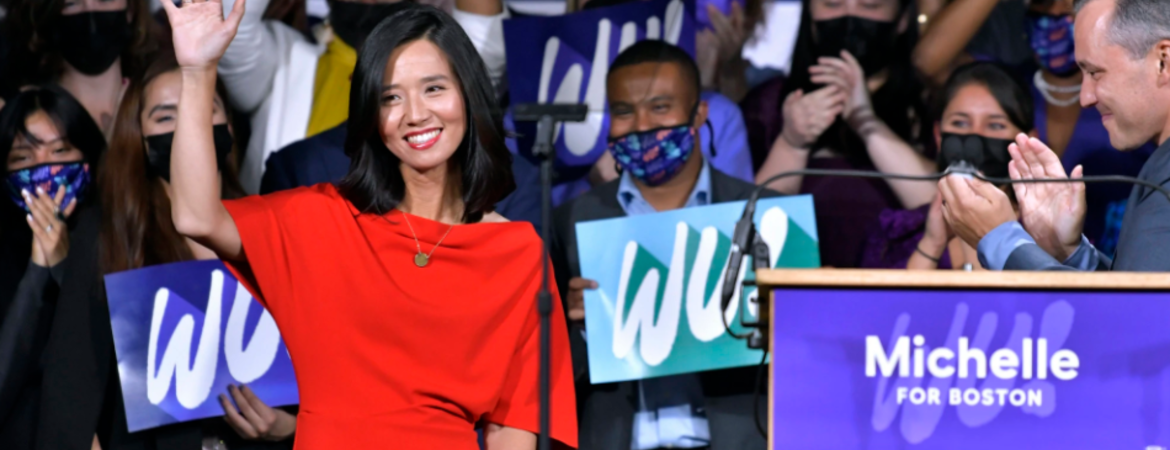Center for Social Innovation

“What you’re seeing now is the aging of the second generation, those who are the children of immigrants, and they form the backbone of most of these mayoral candidates,” Karthick Ramakrishnan, founder and director of the policy research nonprofit group AAPI Data, told NBC Asian America. “You’re also seeing the ‘graduation,’ if you will, of Asian American candidates who run for various local offices … and then proceeding on the foundations that they’ve built.”
The racial group hasn’t historically found much success in mayoral races, with just six Asian Americans currently leading the 100 largest cities. Most of them are concentrated in California and Texas. But for Asian Americans, a group overwhelmingly made up of immigrants and their children, political participation has historically come with significant hurdles, said Pawan Dhingra, professor of American studies at Amherst College.
For members of the immigrant generation, navigating their new environments took precedence over politics, experts said. Those who actually did run in years past were often from the “1.5 generation,” those who came to the U.S. before or during their early teens, Ramakrishnan added. Politically active immigrants were more likely to be those who did well in their new country, and were able to more quickly adapt to the local context of American society and understand the political system.
Though they face unique challenges of their own, those from the second generation, like Wu and Pureval, often do not carry the same burdens as their parents and are more likely to feel “a sense of a natural claim on the country,” Dhingra said.